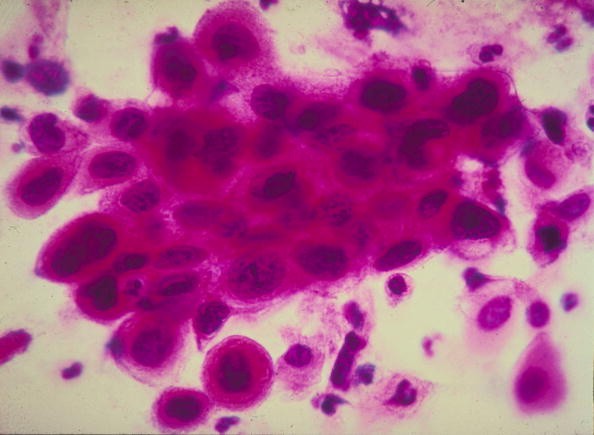According to Interesting Engineering, a cancer treatment and diagnosis revolution is on the horizon as a UK startup has unveiled the world's first-of-its-kind Multi-State Fusion (MSF) reactor that treats tumors and cancerous cells.
Astral Systems, co-founded by Dr. Tom Wallace-Smith, a research associate at the University of Bristol, has reportedly created and tested the world's first-ever Multi-State Fusion (MSF) Reactor to produce essential medicinal isotopes that could be used for diagnostic imaging as well as radiation treatment for killing cancer cells.

The MSF can reportedly kill cancer cells by examining and treating tumors and malignant cells directly at their source, as explained by Talmon Firestone, Co-Founder and CEO of Astral Systems and visiting Fellow at the University of Bristol.
Diagnostic imaging is another advantage as these medicinal isotopes can also work as "radioactive tracers" inside the body to help diagnose imaging-based medical problems. The radiation these isotopes produce may be measured and recognized, giving medical professionals important knowledge about the composition and operation of the body's tissues and organs.
Future Implications of the Cancer-Killing Reactor
With the company's newest achievement, Astral aims to construct compact fusion reactors that could be set up in regional isotope factories domestically and abroad, offering more flexible scheduling and less expensive radioactive sample delivery.
According to the company's website, the alternative fusion-based technology will also be safer and cleaner, and it may be installed within or next to hospital hubs, allowing clinicians access to a far greater range of diagnostic and treatment methods as a result, which will save hospital wait times and expenses while enhancing service quality.
The newest reactor is also described as a big step towards global health access as Astral neutronics claims that the whole world utilizes nuclear medicine daily as an essential tool to diagnose and treat life-threatening illnesses. Yet, a great number of doctors in the UK and throughout the world are unable to obtain the radioisotopes required to provide this vital treatment because of unstable supply chains that depend on aging fission reactors in Europe and beyond.
This achievement proves to be needed the most today as six fission reactors produce more than 90% of the world's supply of medical isotopes, and all but one of them will shut down by 2030, according to a 2017 UK Government assessment.
However, the small MSF Reactor from Astral Systems has the potential to guarantee the availability of these medicinal isotopes and enhance patient outcomes.
Astral Neutronics' Future Plans
The company also aims to expand well beyond the medicinal field by applying the MSF reactor to fusion neutron materials damage testing, transmutation of existing nuclear waste stores, space applications, hybrid fusion-fission power systems, and beyond.
Additionally, Dr. Wallace-Smith concludes that the MSF Reactor will also serve as a perfect platform for testing concepts related to the appearance and potential behavior of a full-scale fusion power plant.
Related Article : Universal Cancer Test Worth US$50, To Be Developed by Hong Kong

ⓒ 2025 TECHTIMES.com All rights reserved. Do not reproduce without permission.




